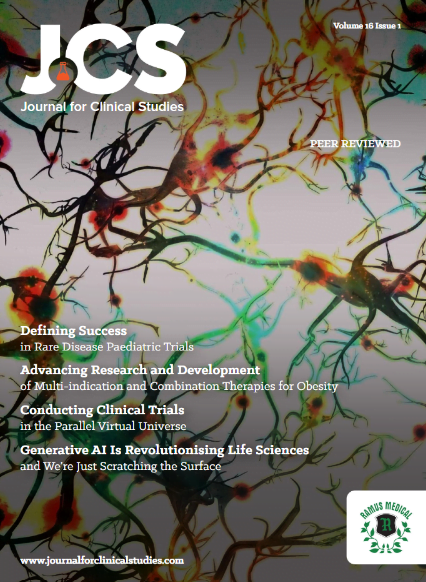The clinical trial industry is developing rapidly in Malaysia. Since 2012 there have been more than 2000 clinical trials across different Therapeutic Areas, hence promoting Malaysia as a preferred country for sponsored clinical trials. The commitment to deliver clinical trials with Speed, Reliability and Quality is the essence to this success. This achievement is critically delivered by the invisible hands of Study Coordinators (SC).
Although the Principal Investigators (PI) are responsible for the clinical trial conduct, very often the success of these studies relies on the study team which consists of SCs. SCs are specialised research professionals working with the PI to support, facilitate, and coordinate daily clinical trial activities and play a critical role in the conduct of the study. It is essential that SCs and PIs work hand in hand to ensure study conduct is in accordance with the protocol and principles of Good Clinical Practice (GCP).
CRM SCs support investigators at site to quicken the start-up process (from submission of Ethics Committee approval to site initiation) by assisting to collect and compile relevant documents within 14 days of request. The SCs are also trained to adhere to study timeline including PD reporting, SAE reporting, data entry etc. to ensure the study processes are carried out in a timely manner.
Growth of CRM Study Coordinators
A study published by Papke A. et. al shows that adding a coordinator to a research team significantly improves subject recruitment numbers, enhances subject retention, and increases general study efficiency.1 In 2012, CRM had 22 SCs placed throughout Malaysia at various sites conducting industry-sponsored research; this number has grown to more than 160 SCs in 2022, placed mainly at Ministry of Health (MOH) hospitals, few MOH clinics and private hospitals. CRM has received increasing interest to support investigators and sites in Ministry of Higher Education (MOHE) hospitals and private hospitals over the years. The growth of CRM SCs over the span of 7 years is as illustrated in Graph 1.
CRM Initiative – Boosting Excellent Study Coordinator Service
In ensuring high quality SC service is provided to stakeholders, CRM conducts regular trainings and provides opportunities to further develop the SCs, continually evaluating the quality of service through Performance Management System (PMS) and treat customer’s feedback as gold nuggets to be more effective in answering their needs.
- Training for CRM SCs
The pharma industry does recognize that the performance quality of sites varies dramatically. Jim Kremidas, executive director of Association of Clinical Research Professionals (ACRP) believes the root cause of this variance is the lack of consistency in how staff, including principal investigators (PIs) and SCs at sites are screened, hired, trained, and validated for their competency.2
With ISO 9001:2015, CRM has strengthened and standardized our services with proper Standard Operating Procedure (SOP) ensuring the right candidate is hired, trained and the delivery of the studies is similar across the country. Having an efficient SOP in place minimizes errors, clears the way forward by avoiding uncertainties, and serves as a vital tool to transfer knowledge and skill.3















